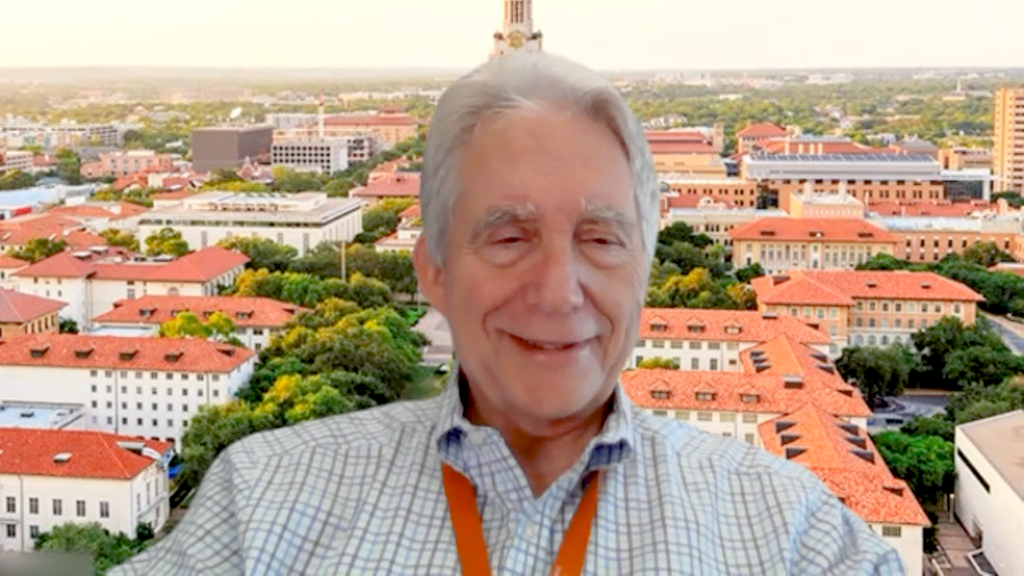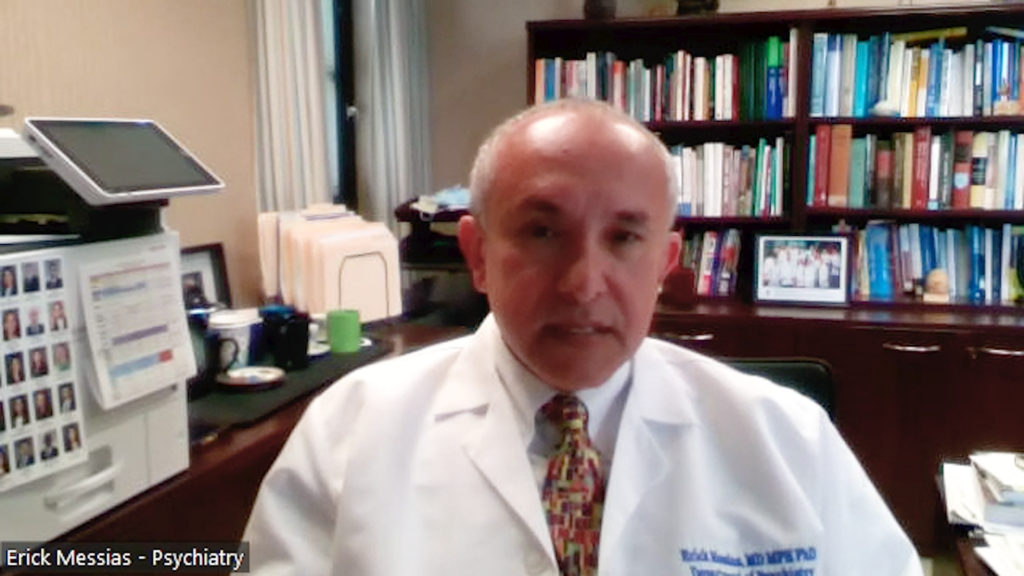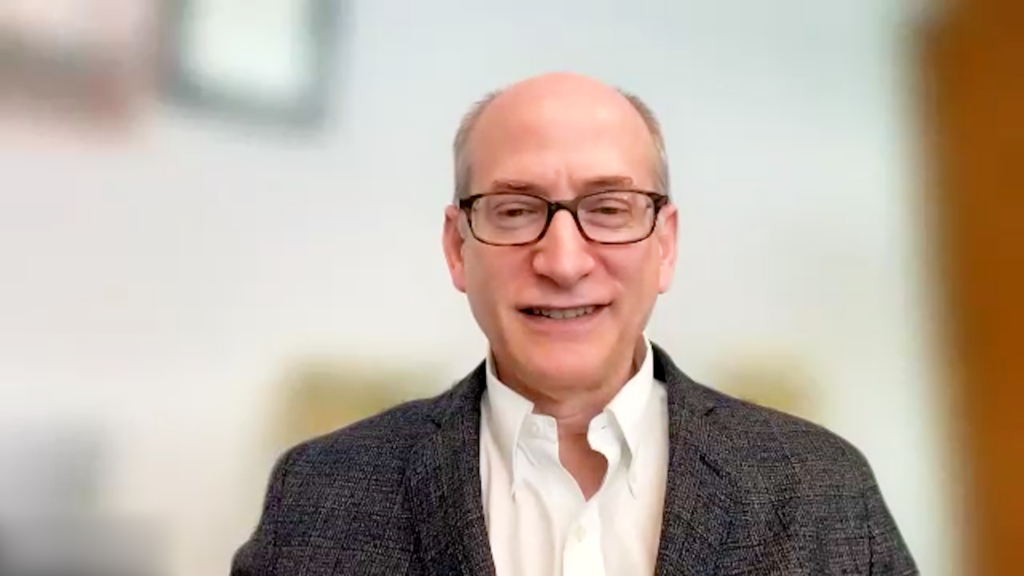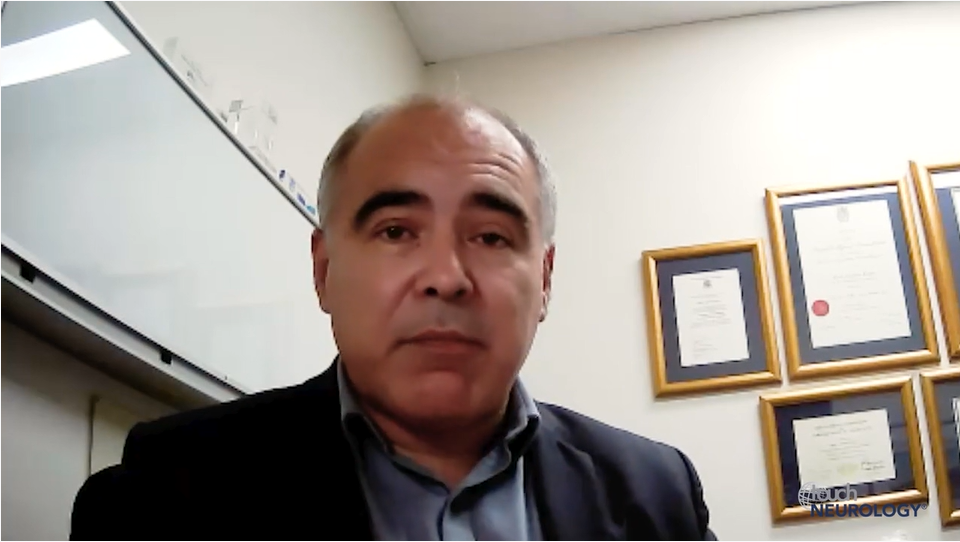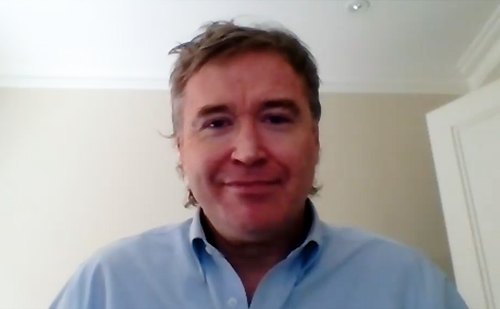An expert interview with Daniel Mansson, Clinical Psychologist, Co-Founder and CEO of Flow
Q. How is COVID-19 impacting mental health?
In general, self-isolation is difficult for many people, primarily because you can’t meet your co-workers, friends or even family. People that you know and like often have a reassuring and calming effect on you. In a crisis like the current coronavirus pandemic, it is not possible to get this contact other than over the phone or online. As a result, anxiety and stress may rise in some people.
Q. Who is most at risk?
Tragically, it is the people who were most vulnerable before the crisis hit that are most at risk of getting worse as the pandemic evolves. People who are suffering from anxiety and depression are at risk, but even more so are people who suffer from very severe mental illnesses such as schizophrenia or serious obsessive compulsive disorder.
Q. What is being done nationally, and internationally, in terms of the public health response to address this?
The focus in this crisis is to save lives. This means that mental health in this acute phase of the crisis may not be top of mind for many of the people who make decisions regarding where to spend resources. During the last decade or so, several digital services were introduced to ensure that patients can get access even if they need to stay put in their homes. Telehealth is available in many parts of Europe, and people can log on to Babylon or online psychology services such as MyOnlineTherapy in the UK in order to get access to a psychologist. These services are private initiatives but are reimbursed by the NHS.
Q. What guidance can you offer in terms of managing your mental health during this time?
A great and effective way to keep anxiety and stress manageable is to give the brain the best possible ability to handle a stress response. We know from several larger studies that you can do this by having a routine of exercise, eating nutritious food and having a stable sleeping pattern.1–3 Meditation has also been shown to be very effective over time.
Eat nutritious
Traditional Mediterranean food, sometimes referred to as the ‘anti-depression diet’, for its antioxidant and anti-inflammatory properties, includes whole grains, vegetables (particularly green leaves), fruit, berries, nuts (including almonds), seeds and olive oil. The Flow app, free to download on iOS and Android (search ‘Flow – Depression’), will offer you a comprehensive understanding on how to eat in order to reduce depression.
Exercise
With months of the coronavirus pandemic ahead, it is important to keep exercising. Clinical studies show that regular exercise produces chemicals, such as dopamine and serotonin, which are effective for reducing symptoms of mild depression.1,2 Most people will not have access to a gym during the crisis, so it is important to create a daily exercise routine at home. Experts recommend between 30–40 minutes of exercise, 3–4 times a week to work up a sweat.2 People with depression often struggle with exercise, so start small with a 10-minute walk, then add a few minutes daily.
Sleep
Ninety percent of depressed people struggle with sleep, which is likely to increase with fears over coronavirus.3 Good quality sleep is a form of overnight therapy and increases the chance of handling strong emotions. Try to wake up and go to bed at the same time every day. Achieving eight hours of sleep, taking a hot bath, setting the bedroom temperature to 18 degrees Celsius and having no screen time 2 hours before bedtime will also help.
Meditation
It has been shown, in scientific studies, that people who meditate regularly use the ‘present moment network’ in their brains when feeling sad, whereas the non-meditators used the ‘evaluation’ network of the brain.6 Meaning, the non-meditators get caught up in thoughts about sadness, such as ‘why do I feel this way?’, ‘how can I stop this?’ ‘there’s something wrong’ whereas the meditators could more easily let go of these thoughts.
References
- Basso J, Suzuki WA. The effects of acute exercise on mood, cognition, neurophysiology, and neurochemical pathways: a review. Brain Plast. 2017;2:127–52.
- Schuch FB, Vancampfort D, Richards J, et al. Exercise as a treatment for depression: A meta-analysis adjusting for publication bias. J Psychiatr Res. 2016;77:42–51.
- Tsuno N1, Besset A, Ritchie K. Sleep and depression. J Clin Psychiatry. 2005;66:1254–69.
- Nishida M, Pearsall J, Buckner RL, Walker MP. REM sleep, prefrontal theta, and the consolidation of human emotional memory. Cereb Cortex. 2009;19:1158–66.
- Vermeulen E, Stronks K, Snijder MB, et al. A combined high-sugar and high-saturated-fat dietary pattern is associated with more depressive symptoms in a multi-ethnic population: the HELIUS (Healthy Life in an Urban Setting) study. Public Health Nutr. 2017;20:2374–82.
- Farb NAS, Anderson AK, Mayberg H, et al. Minding one’s emotions: mindfulness training alters the neural expression of sadness. Emotion. 2010;10:25–33.
Author Profile:
Daniel Mansson is a clinical psychologist, co-founder and CEO of Flow. As a clinical psychologist at Sarpsborg DPS, a psychiatric clinic in Norway, Daniel performed extensive investigations and treatments for patients with conditions including depression and attention deficit hyperactivity disorder (ADHD). In 2012, Daniel met Erik Rehn, where they both worked in the research department of computational biology at KTH Royal Institute of Technology, Stockholm. In January 2016, with combined backgrounds in clinical psychology, computer networks, computational neuroscience and electrical engineering, they launched Flow. The mission was simple: to find new ways to treat mental health issues with the help of science and technology. Based in Malmo, Sweden, Daniel is the driving force behind Flow and spearheads the research, innovation and business development. For Daniel, Flow represents a brand new chapter in the understanding and treatment of depression, one which combines brain stimulation and lifestyle change. Daniel continues to work tirelessly in pursuit of Flow’s vision: to use the power of neuroscience research, psychology and technology to offer a safe, effective, affordable and accessible treatment for depression.
Disclosure: Daniel Mansson is Co-Founder and CEO of Flow.
Support: Commissioned, edited and supported by Touch Medical Media.
Published: April 21, 2020


